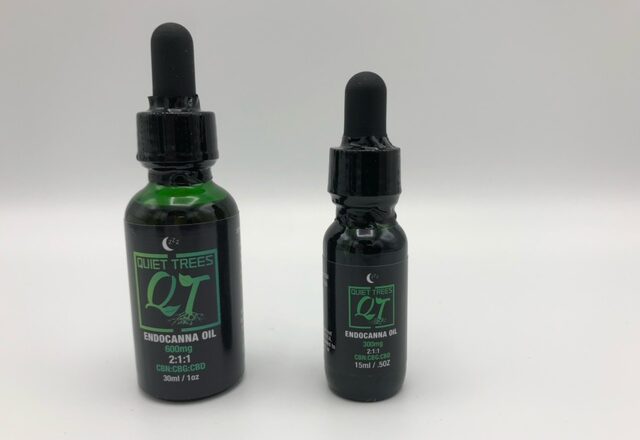Welcoming a new baby into your family is an incredible experience filled with joy and wonder. As a parent, you want nothing but the best for your precious bundle of joy, and that includes ensuring their skin remains healthy and radiant. A baby’s skin is delicate and sensitive, making it crucial to establish a proper skincare routine from the very beginning. In this guide, we’ll explore the essentials of caring for your baby’s skin, from understanding its unique characteristics to choosing the right products and practicing safe and effective skincare practices.
Understanding Your Baby’s Skin
Before diving into a skincare routine, it’s important to recognize that a baby’s skin is significantly different from an adult’s. It’s thinner, more porous, and more prone to irritation. Newborns are also born with a protective layer called vernix, which moisturizes the skin and guards against infections while in the womb. Understanding these nuances will help you tailor your baby’s skincare regimen to suit their individual needs.
Gentle Cleansing
When it comes to cleansing your baby’s skin, less is more. In the early weeks, plain water is usually sufficient for cleansing. As your baby grows, you can introduce a mild, fragrance-free baby cleanser. Opt for products specifically designed for infants to minimize the risk of allergies and irritation. Remember, there’s no need to bathe your baby daily – 2-3 times a week is generally enough to keep them clean without stripping away natural oils.
Moisturizing
Keeping your baby’s skin well-hydrated is essential for maintaining its softness and preventing dryness. After bath time, gently pat your baby’s skin dry and apply a fragrance-free, hypoallergenic baby moisturizer. Pay extra attention to areas prone to dryness, such as elbows, knees, and cheeks. Be cautious not to over-moisturize, as this could lead to clogged pores or irritation.
Diaper Care
Diaper rash is a common concern among parents, but with proper care, you can minimize its occurrence. Change your baby’s diaper frequently to keep their skin dry, and use gentle, hypoallergenic diaper cream to create a barrier against moisture. If your baby does develop a rash, consider using a diaper cream with zinc oxide to soothe and protect the irritated skin.
Sun Protection
A baby’s skin is highly sensitive to the sun’s harmful rays, so it’s important to take precautions when heading outdoors. If your baby is younger than six months, it’s best to keep them out of direct sunlight as much as possible. When you do venture outside, dress your baby in lightweight, long-sleeved clothing and a wide-brimmed hat. For babies over six months, you can apply a baby-safe sunscreen with a high SPF, specifically formulated for their delicate skin.
Choosing the Right Products
With a plethora of baby skincare products on the market, it can be overwhelming to know which ones to choose. When selecting products, keep these tips in mind:
- Read Labels: Look for products that are free from harsh chemicals, fragrances, and dyes. Avoid products containing parabens, phthalates, and sulfates, as these can be irritating to a baby’s sensitive skin.
- Hypoallergenic Formulas: Opt for products labeled as hypoallergenic, as these are less likely to cause allergic reactions or skin sensitivities.
- Consult Your Pediatrician: If you’re unsure about a specific product, consult your pediatrician before using it on your baby’s skin. They can provide personalized recommendations based on your baby’s unique needs.
Safe Skincare Practices
In addition to choosing the right products, there are a few other important skincare practices to keep in mind:
- Patch Test: Before using a new product, perform a patch test on a small area of your baby’s skin to ensure there’s no adverse reaction.
- Trim Nails: Keeping your baby’s nails short and smooth will prevent them from scratching and potentially injuring their delicate skin.
- Dress Appropriately: Choose soft, breathable fabrics for your baby’s clothing to reduce the risk of irritation. Avoid clothes with tight elastic bands that could chafe the skin.
- Hydrate: Proper hydration starts from within. If your baby is old enough to consume solids, offer them water-rich fruits and vegetables to promote healthy skin from the inside out.
Conclusion
Caring for your baby’s skin requires patience, knowledge, and a touch of love. By understanding their unique skin characteristics, choosing the right products, and practicing safe skincare habits, you can help nurture soft, healthy, and radiant skin that will keep your little one comfortable and smiling. Remember, every baby is different, so don’t hesitate to seek advice from your pediatrician and embrace the journey of discovering what works best for your precious bundle of joy. If you enjoyed this article about caring for your baby’s skin then visit TastefulSpace for more interesting articles.




